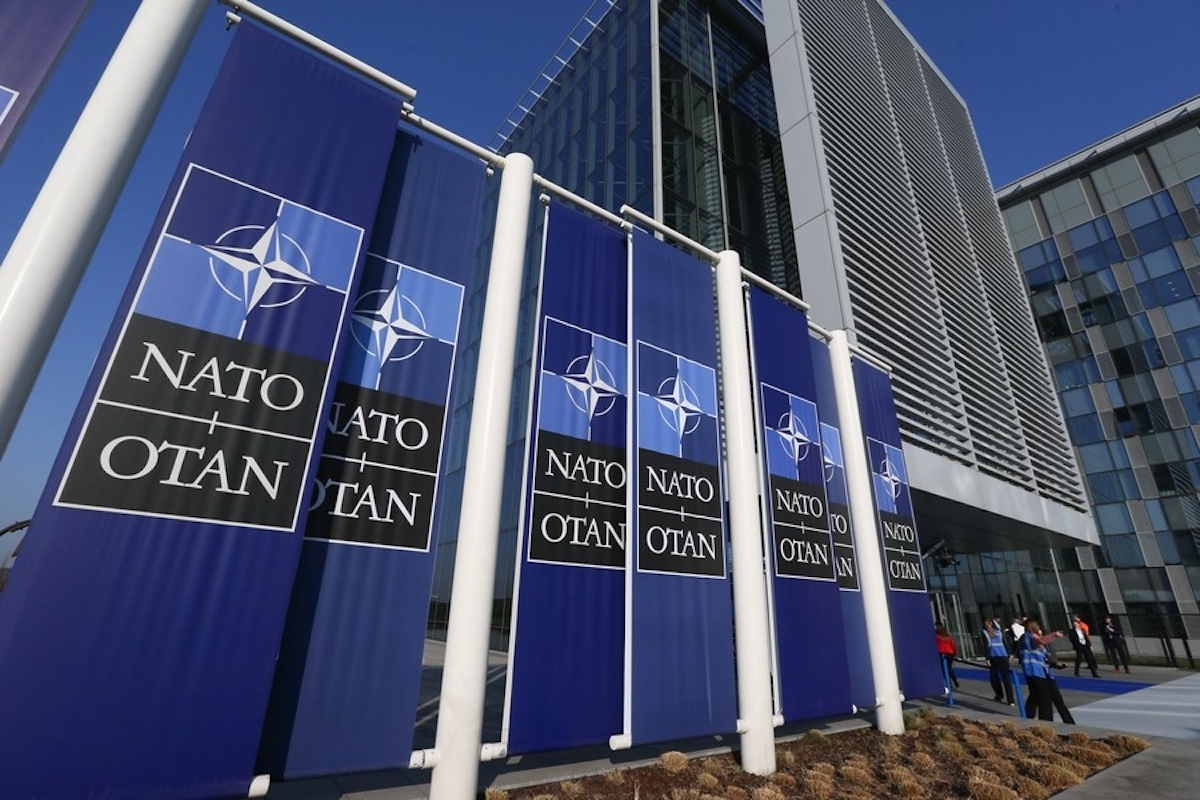There are numerous reasons why the conduct and priorities of the North Atlantic Treaty Organisation (Nato) have been in sharp focus over recent years. Its alleged expansionist agenda ~ including moves perceived by the Kremlin as aimed at the encirclement of Russia ~ has been cited by many experts as a contributory factor in Moscow’s decision to invade Ukraine. Now, the fear is that the trans-Atlantic alliance is sleepwalking into another potential flashpoint in Europe as its promise to protect the Baltic republics of Estonia, Latvia, and Lithuania from Russia is being called into question. At its June summit in Madrid, Nato finalised a plan to defend the Baltic states. But it is yet to significantly increase its military presence in the three countries which were the first to declare independence from the former Soviet Union 30-odd years ago. As John R. Deni and Michael O’Hanlon underline in a recent Wall Street Journal article: “There is less to this (Madrid) commitment than meets the eye. For the sake of deterrence, defence, and reassurance of jittery eastern allies, Nato should remedy this mistake.”
The ‘enhanced forward presence’ battlegroups which Nato had deployed in the Baltic states (and Poland) on rotation after the Russian annexation of Crimea in 2014 do not make for credible deterrence, say military experts. The battlegroups, despite their threatening-sounding nomenclature, total barely 1,200 troops in each of the four Nato allies most threatened by Moscow. The populations of Estonia and Latvia are each roughly 25 per cent ethnic Russian, making them vulnerable to President Vladimir Putin’s 2014 proclamation that he would “protect native Russian speakers wherever they live”. Poland and Lithuania, meanwhile, border the Russian exclave of Kaliningrad, “the most militarised territory in Europe”. Baulking at backing its own commitments made in Madrid to “deploy additional, robust, in-place combat-ready forces on our eastern flank” is justifiably earning Nato considerable amount of flak. Nato Secretary General Jens Stoltenberg had in June spoken of “a fundamental shift in our deterrence and defence” in reference to the Baltic states.
Advertisement
He is now being severely criticised, perhaps unfairly because he can only action what the alliance’s member-states approve, for not following through on his rhetoric. There is consensus among experts that the battlegroups currently in place are far too small to even hold up, forget repel, a Russian advance. To rub salt into the wound, instead of increasing the strength of each battlegroup to a full brigade of 4,000 troops with associated air support, Nato now intends to deploy only a couple of hundred additional troops in the Baltic states and Poland, point out Deni and O’Hanlon. This lack of political will to stand by its word is further damaging Nato’s reputation as a dependable protector of its European allies after its refusal to put boots on the ground in Ukraine.
